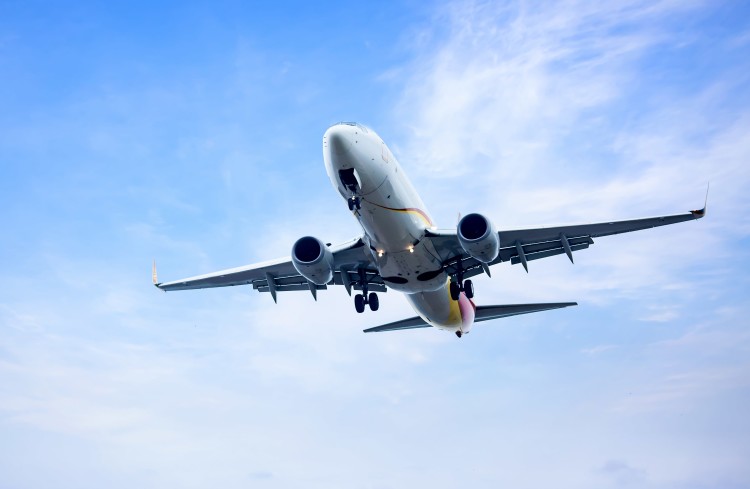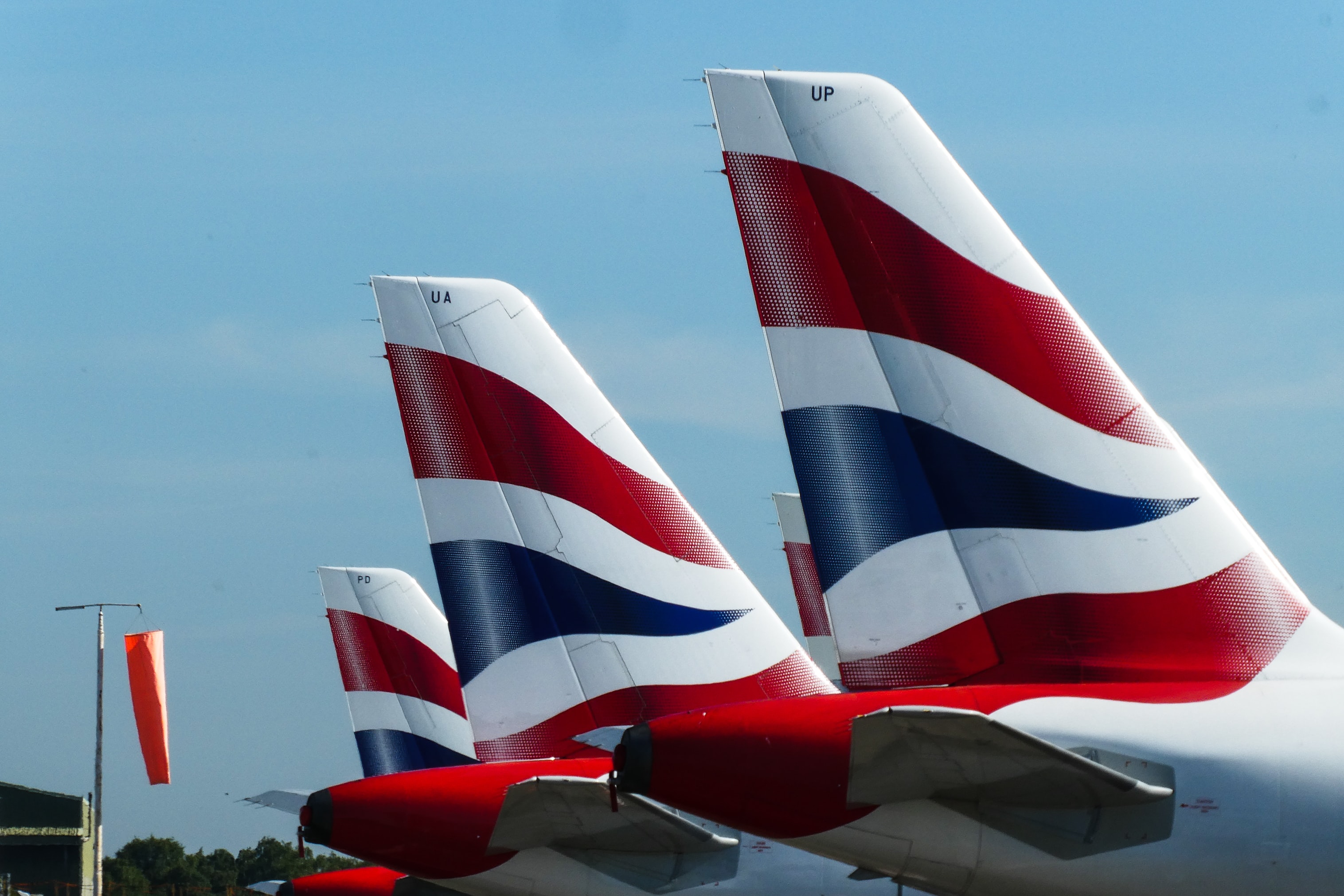Qantas Establishing Climate Fund on Path to Net Zero
Qantas Airways

In a groundbreaking move towards sustainability, the Qantas Group has unveiled plans to establish a climate fund worth AUD$400 million.
The fund aims to directly invest in sustainability projects and cutting-edge technologies as part of the company's commitment to reducing emissions.
This initiative revealed during the group's Investor Strategy Day, positions the Qantas Climate Fund as the largest aviation fund worldwide.
It incorporates the AUD$290 million partnership forged last year with Airbus, which focuses on accelerating the development of a sustainable aviation fuel (SAF) industry within Australia.
In addition, Qantas will contribute an extra AUD110 million to support various environmental initiatives such as high-integrity carbon offsets, offshore SAF investments, and advancements in operational efficiency technologies.
The primary objectives of the Qantas Climate Fund include direct investments in innovative projects and technologies, participation in managed sustainability funds that align closely with the airline's emission reduction targets, and research and development collaborations.
The company has committed to reducing its carbon emissions by 25% by 2030 (based on 2019 levels) and aims to have 10% of its fuel mix composed of SAF by 2030 as it progresses towards achieving net-zero emissions by 2050.
Seeking to drive progress in the aviation industry, Qantas is now inviting expressions of interest from businesses and organisations seeking funding for their sustainable projects.
URGING FOR A MANDATE ON SUSTAINABLE AVIATION FUEL
Acknowledging the significance of SAF in curbing emissions, particularly given its compatibility with existing engines and fuel infrastructure, Qantas is taking action to ensure its utilisation.
Currently, the airline sources SAF from overseas suppliers, including a recent purchase of 10 million litres for London flights in 2023. Furthermore, starting in 2025, Qantas plans to acquire 20 million litres per year for California flights. However, Australia lacks a domestic commercial-scale SAF industry.
To achieve its commitment of incorporating 10% SAF in its overall fuel mix by 2030 and approximately 60% by 2050, the Qantas Group emphasises the necessity of local SAF production. Therefore, the company is urging the Australian Government to introduce a SAF blending mandate as part of a comprehensive industry policy framework, following the lead of other jurisdictions.
Countries such as the UK, Europe, and Japan have already set or proposed mandates ranging from 5% to 10% by the end of the decade. Additionally, the United States has set a target of producing 3 billion gallons of SAF per year by 2030.
By calling for a SAF blending mandate, Qantas seeks to kickstart the domestic production of SAF and foster a greener future for the aviation industry.
For more sustainable finance news
To view and compare company ESG Ratings and Sustainability Reports across sectors, follow our Company ESG Profiles page.
Source: Qantas



